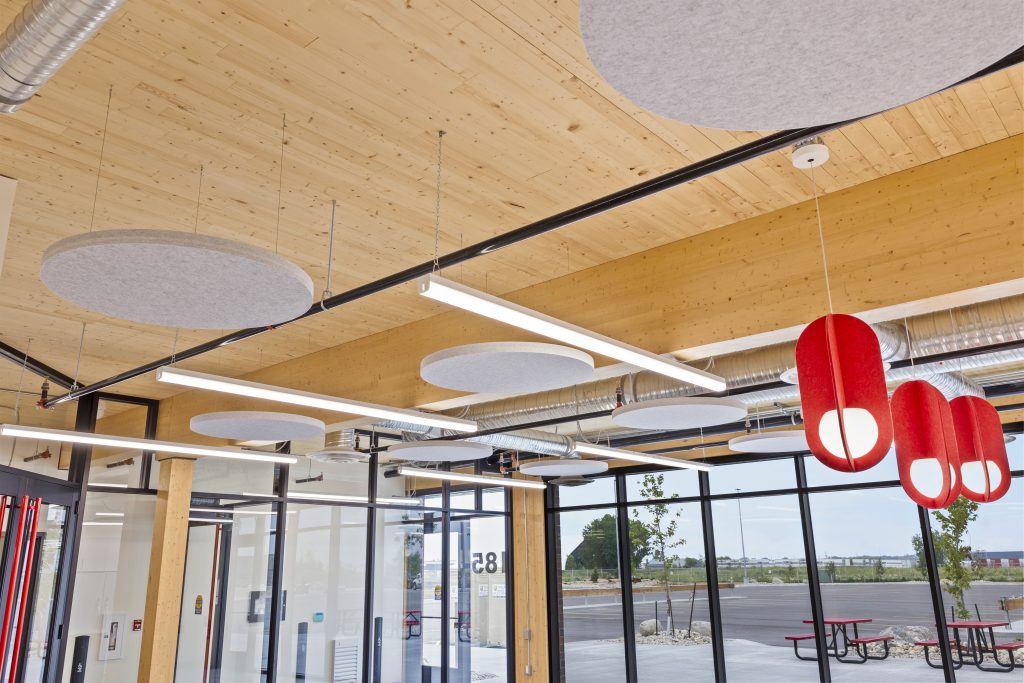The Economist, the world’s leading business publication for 181 years, is gathering business and sustainability leaders in New York City to look at the most pressing environmental issues facing society today.
A few of the topics being discussed at this year’s event (June 11 & 12, 2025):
- Decarbonizing supply chains
- Food system resilience
- Circularity vs recycling
- Water scarcity
- Clean energy’s role in reducing fossil fuel demand
- Can cities and states go it alone to reach climate goals?
- Renewable energy
- Regenerative agriculture

What Sustainability is:
Sustainability looks at our human society’s ability to continue indefinitely within the natural cycles of Earth’s biosphere.
Earth’s biosphere is foundational to sustainability. It’s the layer between the high atmosphere and the Earth’s crust, where all living things on Earth exist. Compared in scale to the Earth’s size, it’s about the thickness of the outer skin of an onion!
Why Sustainability matters:
Our planet’s carrying capacity is finite and controlled by what the biosphere can provide and sustain. When biosphere systems are damaged or exceeded, the negative impacts erode Earth’s ability to support life. Human society is at a critical juncture, where continued harm to the biosphere is making planetary conditions less hospitable to life.

Mass Timber and Sustainability:
Construction is energy-intensive, with concrete, steel and synthetic building products topping the list of intensity and unsustainability. The appeal of mass timber is that wood can be harvested sustainably, uses a fraction of the energy to produce, and stores atmospheric carbon for many decades. And that’s just the start.
Mass timber provides these additional sustainability gains:
- Off-site manufacturing – mass timber elements are fabricated in manufacturing facilities with efficient workflows not affected by weather.
- Low waste at all stages – timber billets are custom-produced for each project, so cutting waste is minimized. Timbers go to site, complete and ready to install.
- Lighter, smaller foundations – mass timber is 1/5 the weight of concrete, allowing for big reductions in foundation volumes, schedules, and site traffic.
- Smaller site crews – mass timber buildings are assembled with crews of 4-6 workers, and with less equipment than concrete or steel.
- Faster construction timelines – reductions of 25% in an overall build schedule is typical for mass timber, saving weeks of vehicle trips, equipment use, and support services!
Looking Forward:
As climates change, our forests are changing too, and mass timber can help reduce wildfire risks that threaten forest-adjacent communities.
Mass timber is gaining traction within the construction industry and is increasingly recognized by architects, developers, and governments as the building material that best addresses the sustainability issues of our time. The sustainability challenges ahead are certainly daunting. Mass timber is one small contribution, moving us in the right direction.
If you’re interested in learning more about mass timber sustainability and how it can be part of your next project, call us!

